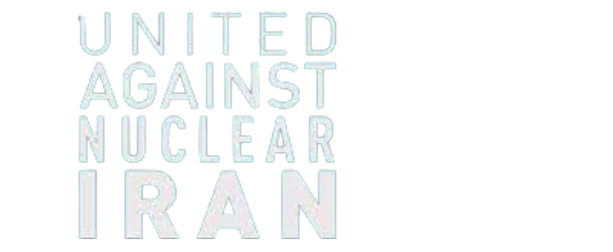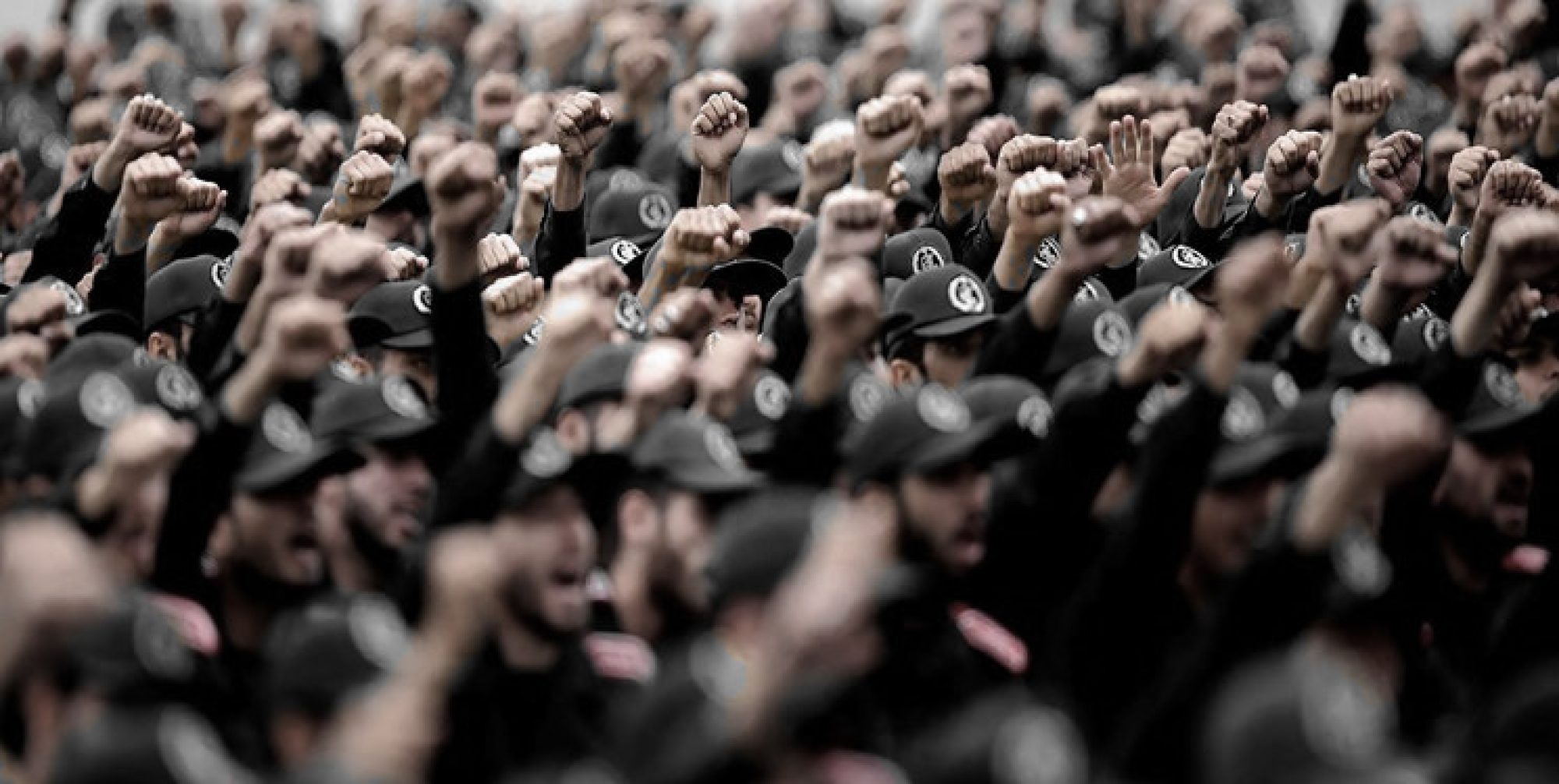Domestic Influence
The Islamic Revolutionary Guard Corps (IRGC), known as “Sepah” in Iran, is an influential and powerful military force. Formed after the 1979 Islamic Revolution, the IRGC’s primary objective is to protect the revolutionary principles and safeguard the regime and promote hegemonic expansion of the Islamic revolution principles through the Middle East. The IRGC operates independently from the regular Iranian military, known as the “Artesh”, and has its own ground, naval, and aerospace forces.
Over the years, the IRGC has expanded its reach, gaining substantial political, security, and economic control within Iran. With its involvement in politics, defence, and control over key sectors of the economy, the IRGC has emerged as a central pillar of the Iranian regime, shaping the country’s trajectory and wielding considerable power in domestic and regional affairs.
Political Influence
Security and Defence
Economic Control
Sanctions Evasion
Suppression of Dissent
The IRGC’s role in suppressing dissent is integral to the regime’s efforts to maintain control and deter opposition. The Basij militia, which operates under the IRGC’s authority, plays a significant role in enforcing societal norms, suppressing protests, and quelling any perceived threats to the regime’s authority. The IRGC’s control over security forces and intelligence apparatus allows it to monitor and suppress dissident voices, preserving the regime’s power and ideological dominance.
These various factors collectively contribute to the IRGC’s central position within the Iranian regime. The IRGC’s political influence, security role, economic control, and ability to evade sanctions serve as pillars that consolidate the regime’s authority and enable the IRGC to maintain a prominent position. Furthermore, the IRGC’s active suppression of dissent and its support for Islamist terrorists further reinforce the oppressive nature of the regime, stifling the aspirations of segments of the population who yearn for greater freedom, democracy, and respect for their basic rights. Instead of working towards positive change, the IRGC’s activities contribute to the continuation of an oppressive regime that brutally suppresses the aspirations of its people.

